“Though there’s no one food that will reduce your risk of this disease, it’s the synergy between many nutrients – vitamins, minerals, phytochemicals, antioxidants – that’s likely to give you the most protection,” says Colleen Doyle, M.S., R.D., director of nutrition and physical activity for the American Cancer Society.
Cruciferous Veggies
All cruciferous veggies (think cauliflower, cabbage, kale) contain cancer-fighting properties, but broccoli is the only one with a sizable amount of sulforaphane, a particularly potent compound that boosts the body's protective enzymes and flushes out cancer-causing chemicals, says Jed Fahey, ScD. A recent University of Michigan study on mice found that sulforaphane also targets cancer stem cells—those that aid in tumor growth.
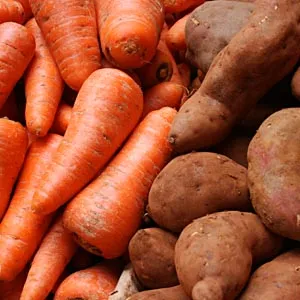
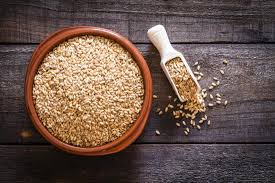

Carrots and Sweet Potatoes
Both are rich in beta carotene, which is believed to hinder the growth of a long list of cancers, including lung, throat, stomach, and prostate.
Flax Seed
Rich in omega-3 fatty acids and antioxidants known as lignans, flax seed helps keep healthy cells from becoming cancerous. Omega-3s have been shown to be particularly effective in combating colon cancer, and provide numerous other health benefits as well, from improved brain function to decreased risk of heart disease.
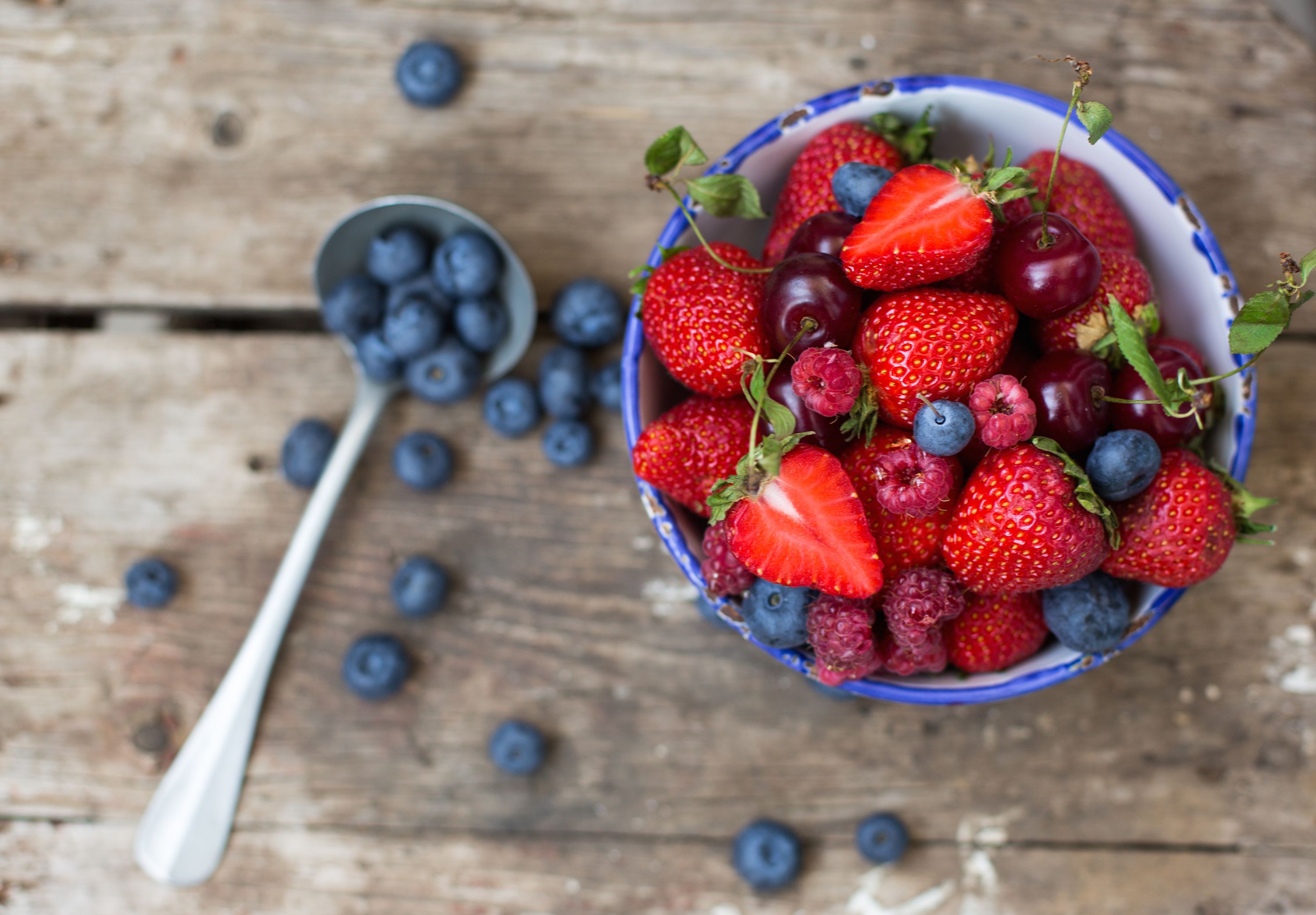
Berries
All berries are packed with cancer-fighting phytonutrients. But black raspberries, in particular, contain very high concentrations of phytochemicals called anthocyanins, which slow down the growth of premalignant cells and keep new blood vessels from forming (and potentially feeding a cancerous tumor), according to Gary D. Stoner, PhD, a professor of internal medicine at The Ohio State University College of Medicine.
:max_bytes(150000):strip_icc()/tomato-twenty20_76ff03fc-1675-499e-8c4c-fcc1af299efe-586686b83df78ce2c35cb982.jpg)
Tomatoes
This juicy fruit is the best dietary source of lycopene, a carotenoid that gives tomatoes their red hue, Béliveau says. And that's good news, because lycopene was found to stop endometrial cancer cell growth in a study in Nutrition and Cancer. Endometrial cancer causes nearly 8,000 deaths a year.
Walnuts
Walnuts Their phytosterols (cholesterol-like molecules found in plants) have been shown to block estrogen receptors in breast cancer cells, possibly slowing the cells' growth, says Elaine Hardman, PhD, associate professor at Marshall University School of Medicine in Huntington, West Virginia.
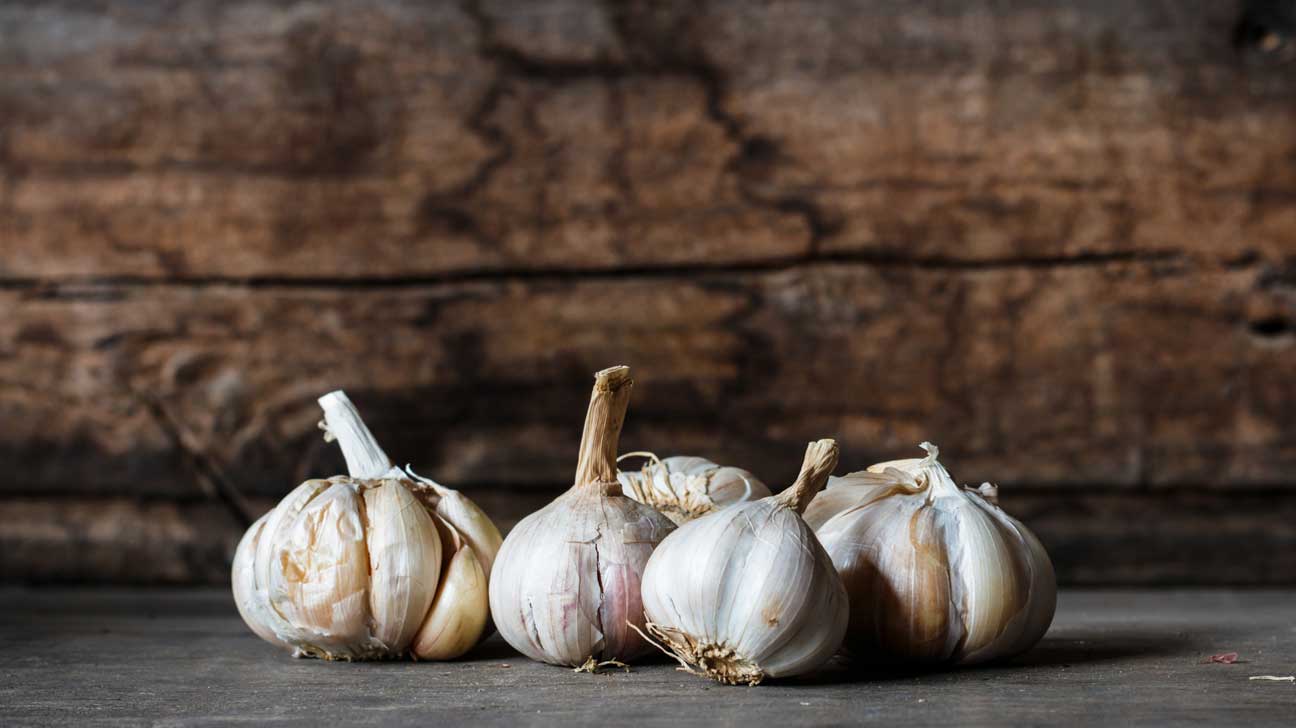
Garlic
Phytochemicals in garlic have been found to halt the formation of nitrosamines, carcinogens formed in the stomach (and in the intestines, in certain conditions) when you consume nitrates, a common food preservative, Béliveau says. In fact, the Iowa Women's Health Study found that women with the highest amounts of garlic in their diets had a 50 percent lower risk of certain colon cancers than women who ate the least.

Beans
A study out of Michigan State University found that black and navy beans significantly reduced colon cancer incidence in rats, in part because a diet rich in the legumes increased levels of the fatty acid butyrate, which in high concentrations has protective effects against cancer growth. Another study, in the journal Crop Science, found dried beans particularly effective in preventing breast cancer in rats.
Beets
Beets are a great nutrient-rich vegetable with low calorie content despite their sweet taste. They are an excellent source of folate, a B vitamin that is heart-healthy and, because of its role in producing and repairing DNA, seems to be part of our anti-cancer arsenal, too. The red color comes from compounds called betalains, which laboratory studies suggest could be both heart- and cancer-protective. In animal studies, beets seem to inhibit carcinogen formation and increase production of immune cells and body enzymes that help fight cancer development. Whether cooked, canned or raw, beets provide an array of nutrients, including potassium and vitamin C. Gently home-cooked beets maintain much of the nutrition, and raw beets preserve even more of the heat-sensitive nutrients. Try them peeled and grated raw into salads for an added burst of color. Web Source
Beets
Beets are a great nutrient-rich vegetable with low calorie content despite their sweet taste. They are an excellent source of folate, a B vitamin that is heart-healthy and, because of its role in producing and repairing DNA, seems to be part of our anti-cancer arsenal, too. The red color comes from compounds called betalains, which laboratory studies suggest could be both heart- and cancer-protective. In animal studies, beets seem to inhibit carcinogen formation and increase production of immune cells and body enzymes that help fight cancer development. Whether cooked, canned or raw, beets provide an array of nutrients, including potassium and vitamin C. Gently home-cooked beets maintain much of the nutrition, and raw beets preserve even more of the heat-sensitive nutrients. Try them peeled and grated raw into salads for an added burst of color. Web Source

What not to eat: Animal fats
While researchers are still trying to determine which foods have the most cancer- preventing benefits, we do know what not to eat if you want to protect yourself, says Cheryl Forberg, RD, author of Positively Ageless:
Animal fats: Meat, cheese, and butter can be rich in saturated fat, which has been linked to obesity—a big cancer predictor. Opt for leaner protein sources, such as fish, low-fat dairy, and those good-for-you beans.
Animal fats: Meat, cheese, and butter can be rich in saturated fat, which has been linked to obesity—a big cancer predictor. Opt for leaner protein sources, such as fish, low-fat dairy, and those good-for-you beans.

What not to eat: Processed meats
A ballpark hot dog or a few slices of bacon once in a while won't kill you, but don't make them a staple of your diet. Some cured meats tend to be high in nitrites and nitrates, preservatives that can, in large amounts, potentially increase your risk of stomach and other cancers. Web Source
There are no foods that you can eat that will kill cancer in the human body. Period. There are also no magic “natural cures” out there.
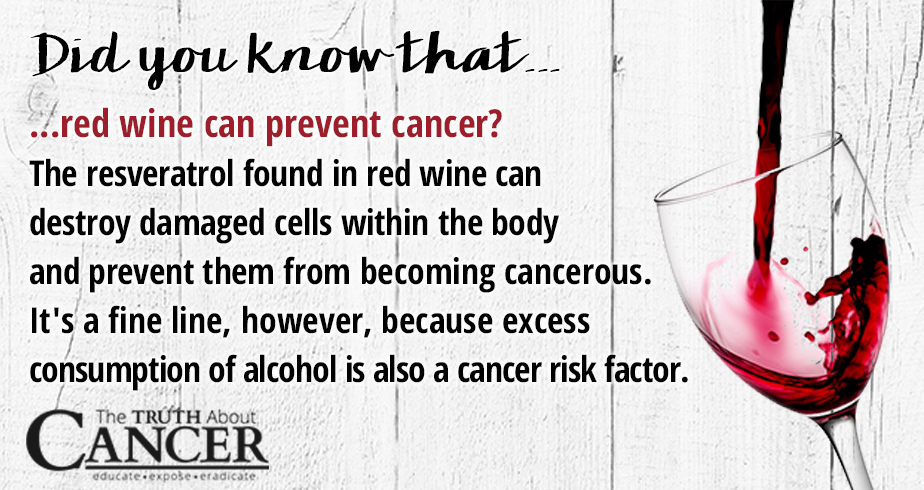
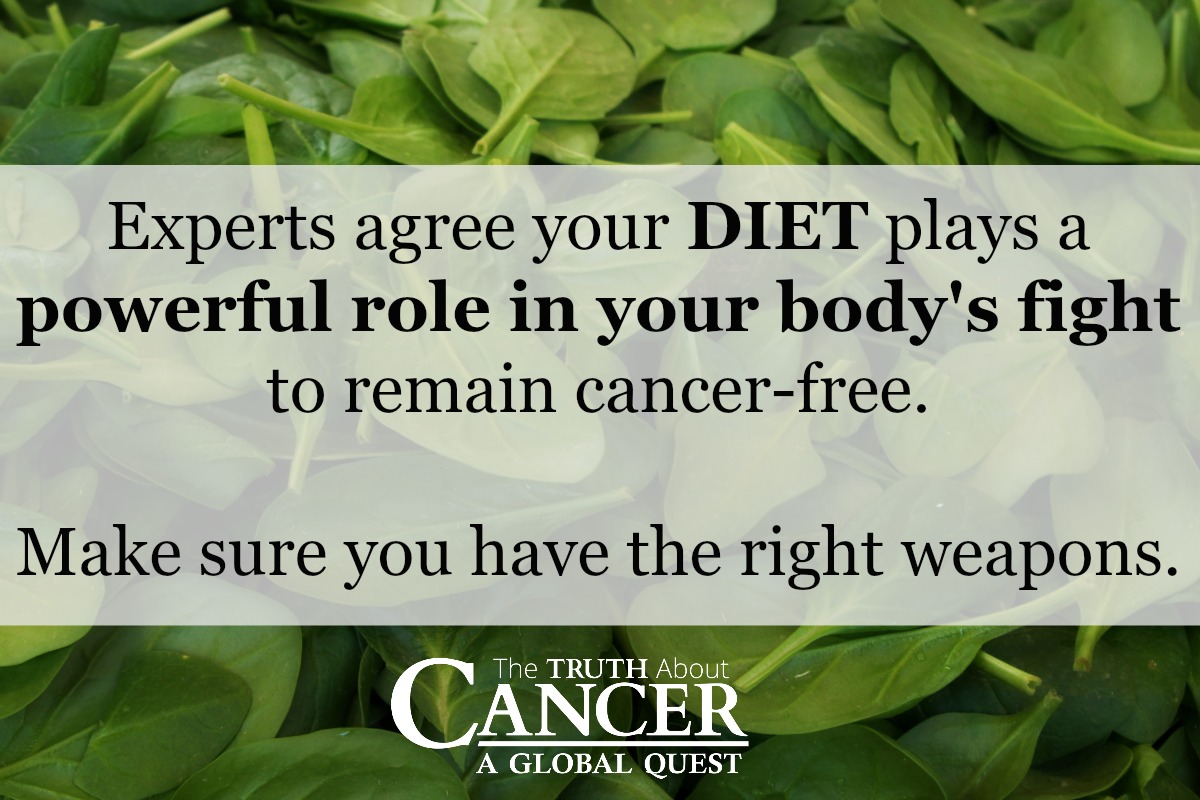
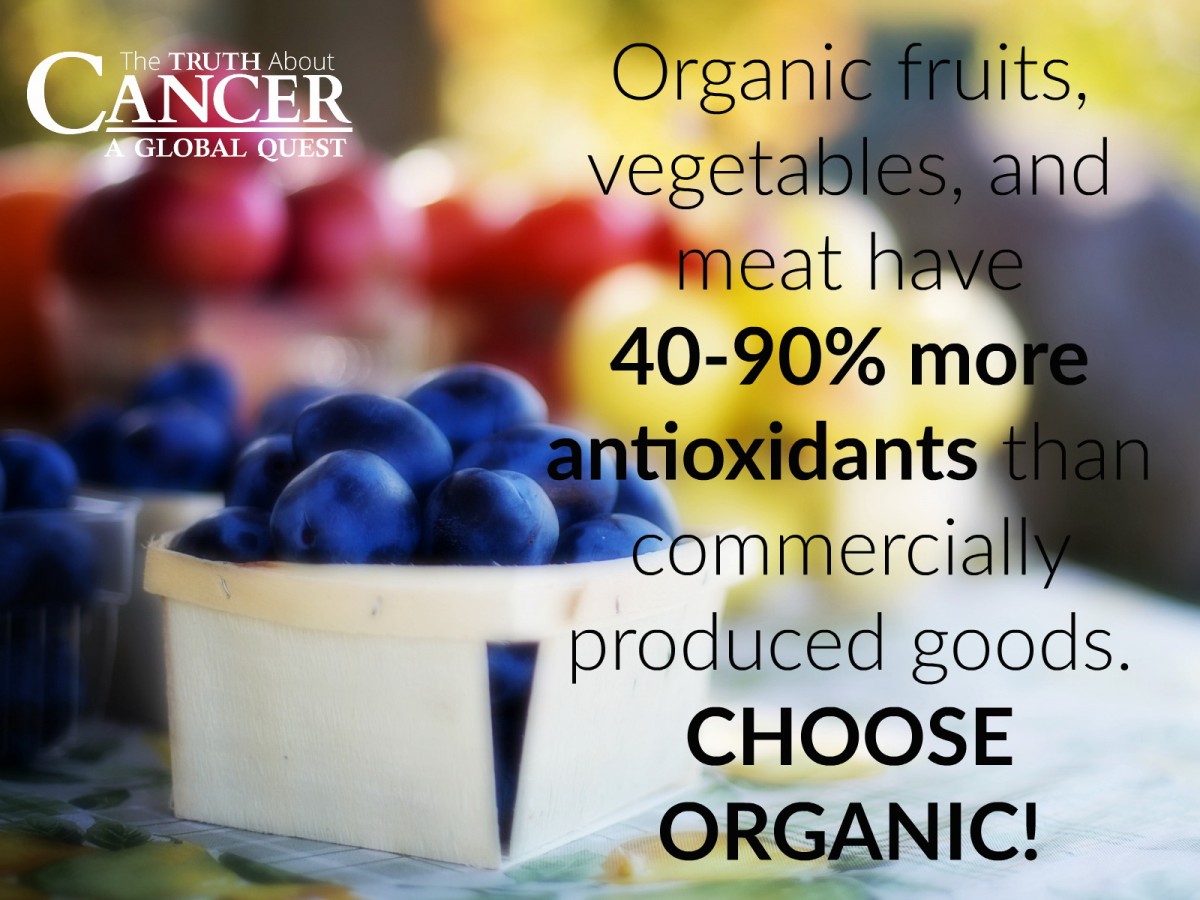








No comments:
Post a Comment